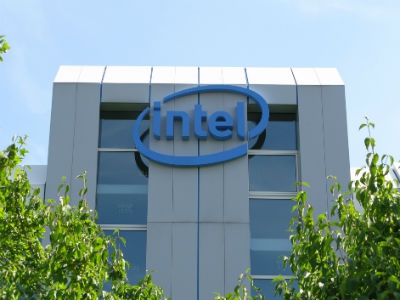Swiss banking giant UBS has joined efforts with Microsoft, Intel, and the UK financial regulator FCA in a project raising money for research and preventing of HIV with smart securities technology.
UBS has been working on so called crypto-bonds since last July. Now the company passes its code for the blockchain-based bonds to the non-profit organisation HEAL Alliance. The latter now will issue social impact bonds to fight HIV by funding research and prevention of the disease. The securities will be tested on a platform developed by London-based fintech firm Finclusion.
HEAL bonds of up to $10 bln worth will be tested from 21 January till 20 April and then placed on the open market. The technology will be approved by the Financial Conduct Authority to ensure its compliance with existing regulations for the issue of securities. The bonds will have 25-year maturities and are inspired by the Global Alliance Vaccine Initiative's successful "vaccine bond” model.
The crypto-bond model will reportedly revolutionise the securities industry.
“One of our first experiments in the UBS Innovation Lab in London was the development of a 'smart bond'. This experiment confirmed the potential benefits: clearing and settlement on blockchain could be faster, more efficient and transparent while reducing settlement risk and operational cost,” said Oliver Bussmann, CIO at UBS.
UBS expressed interest in bitcoin sidechains last September. The head of the UBS technology innovation and research team Alex Batlin explained then that the bank aimed to adapt distributed ledger to the existing legal framework, which requires data from payment processors.
In December 2015 online retail company Overstock was granted permission by Securities and Exchange Commission to issue securities via blockchain. The initial price of the bond would be a few million dollars, as CEO of Overstock.com Patrick Byrne explained last June
















